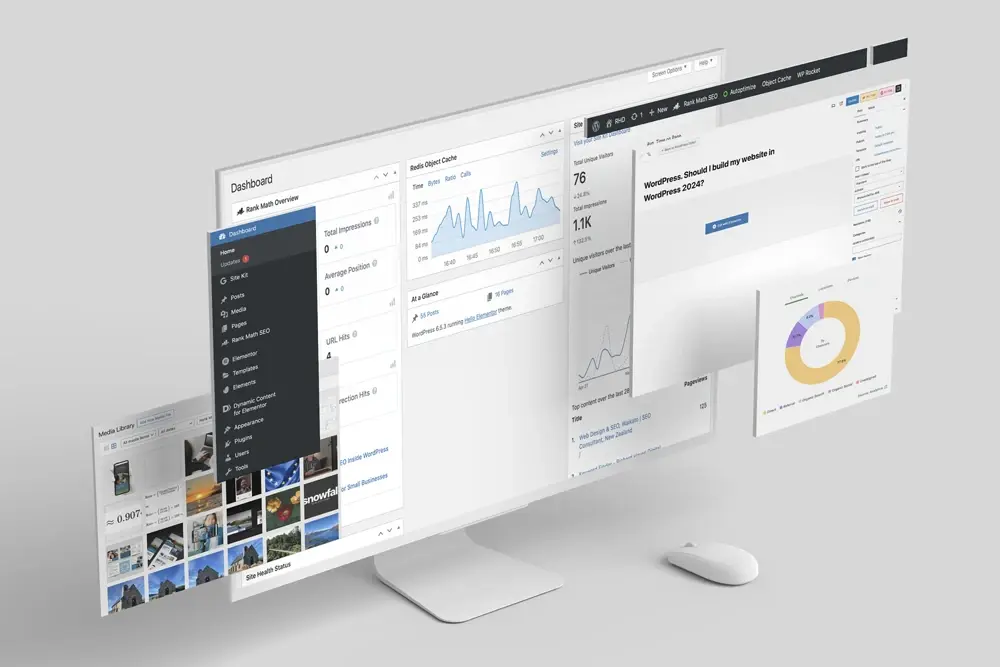Think you control your life? Think again
Without realising it, subtly digital dependence has seamlessly integrated into our lives. Technology, once a tool to aid in productivity and leisure, has become a dominant force, dictating our daily routines and shaping our behaviours.
It worth exploring how, without conscious awareness, we have become so deeply dependent on our devices.
This silent takeover extends to every facet of our lives, from the way we communicate and work to how we relax and entertain ourselves
The Evolution of Interaction
Gone are the days when communication required physical presence or a handwritten letter. Today, instant messaging apps, social media platforms, and video calls have replaced traditional forms of interaction. While these digital tools have made it easier to stay connected, they have also created a dependency on our devices.
Consider the simple act of messaging. A few decades ago, people would write letters or meet in person to share news and catch up. Now, with the advent of instant messaging, communication has become instantaneous. This convenience, however, comes at a cost. Notifications constantly demand our attention, pulling us away from real-world interactions. We find ourselves checking our phones every few minutes, responding to messages, and scrolling through social media feeds, often at the expense of face-to-face conversations.
The Digital Office
The workplace has undergone a significant transformation with the rise of digital technology. Remote work, once a rare privilege, has become the norm for many. Tools like email, project management software, and video conferencing have made it possible to work from anywhere in the world. However, this shift has blurred the lines between work and personal life.
Emails and work-related notifications now invade our personal time, making it difficult to disconnect. The expectation to be constantly available has led to longer working hours and increased stress. Moreover, the reliance on digital tools means that even minor technical issues can disrupt productivity, creating a new form of dependency on our devices.
The Digital Trainer
The digital world has also made its way into the realm of health and fitness. Wearable devices like fitness trackers and smartwatches monitor our physical activity, heart rate, and even sleep patterns. Apps provide personalized workout routines, track our progress, and offer dietary advice. While these tools can motivate us to lead healthier lives, they also contribute to our reliance on technology.
Many of us now feel the need to log every workout, count every calorie, and monitor every heartbeat. This obsession with data can sometimes lead to anxiety and a loss of enjoyment in physical activities. Additionally, the convenience of online fitness classes and virtual trainers has reduced our reliance on traditional gyms and personal trainers, further embedding technology into our health routines.
The Digital Playground
Entertainment is another area where the digital world has taken over. Streaming services like Netflix, Spotify, and YouTube have revolutionized how we consume media. We no longer have to wait for our favorite TV shows or purchase physical copies of music albums. Everything is available at our fingertips, anytime and anywhere.
However, this convenience has its downsides. Binge-watching has become a common pastime, often leading to excessive screen time and a sedentary lifestyle. The constant availability of content means that we are always looking for the next show to watch or the next song to listen to, reducing our attention spans and making it harder to enjoy other activities.
The Online Marketplace
Online shopping has transformed the retail industry, offering unparalleled convenience and choice. From groceries to electronics, everything can be ordered online and delivered to our doorstep. This shift has made shopping more efficient but has also increased our dependency on digital platforms.
The ease of online shopping often leads to impulsive buying and overspending. Algorithms track our preferences and suggest products, creating a personalized shopping experience that can be hard to resist. Moreover, the decline of brick-and-mortar stores means that many local businesses struggle to compete with online giants, changing the landscape of our communities.
The Virtual Classroom
Education has also embraced the digital revolution. Online courses, virtual classrooms, and educational apps have made learning more accessible than ever. Students can now access a wealth of information and resources from anywhere in the world, breaking down geographical barriers to education.
However, this shift has its challenges. The reliance on digital tools can lead to distractions and a lack of focus. The impersonal nature of online learning can also make it harder for students to engage and build relationships with their peers and teachers. Additionally, the digital divide means that not everyone has equal access to these resources, exacerbating educational inequalities.
The AI Assistant
Digital assistants like Siri, Alexa, and Google Assistant have become integral parts of our lives, helping us manage our schedules, set reminders, and even control our smart homes. These AI-powered tools offer unparalleled convenience but also contribute to our growing dependency on technology.
We now rely on our devices to remember important dates, manage our tasks, and even provide answers to our questions. This reliance can lead to a decline in our cognitive abilities and a reduced capacity for critical thinking and problem-solving. Moreover, the constant data collection by these assistants raises concerns about privacy and the security of our personal information.
Balancing your Digital Dependence
The digital revolution has undoubtedly brought numerous benefits, making our lives more convenient, efficient, and connected. However, it has also created a dependency on technology that can be detrimental to our well-being. As we continue to embrace digital tools, it is crucial to find a balance that allows us to reap the benefits without becoming controlled by our devices.
To achieve this balance, we must be mindful of our technology use and set boundaries to protect our personal time and mental health. By prioritizing real-world interactions, taking breaks from screens, and maintaining a healthy relationship with technology, we can navigate the digital world without losing control of our lives.
The silent takeover of the digital world is a reality we must acknowledge and address. By understanding the extent of our dependency and taking proactive steps to manage it, we can ensure that technology remains a tool that enhances our lives rather than controlling them.





